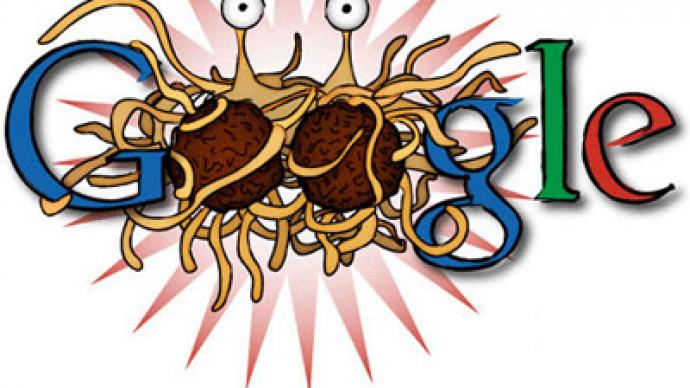Google pays $500 million for illegal drugs

Google is giving the US Justice Department $500 million in a settlement that’ll keep the Internet company from federal prosecution but will still serve as a slap in the wrist for helping Canadian pharmacies sell pills into the States.
The Department of Justice was taking on Google for the Web company’s automated AdWords program, a service which helps generate advertisements for vendors, that while expected to generate $30 billion in revenue for Google this year, is often abused by illegal sellers. The DoJ says the $500 million that Google must fork over is equivalent to the amount that illegal pharmacies grossed through using AdWords, as well as the earnings they brought in by selling to Americans."This investigation is about the patently unsafe, unlawful importation of prescription drugs by Canadian online pharmacies, with Google's knowledge and assistance, into the United States, directly to US consumers," said US Attorney Peter Neronha in a statement.Federal investigators attest that Google has known since at least 2003 that AdWords was letting Canadian pharmacies advertise their products to American consumers, allowing them to put pills into the hands of patrons that live in the country with the largest prescription drug problem in the world. Canadian pharmacies are prohibited from shipping prescription pills in the States, as they are not regulated by Canadian boards. By using common misspellings of popular prescription drugs, however, companies to the north were able to locate a loophole that would get their ads online and onto the screens of an American audience. Neronha adds that the settlement, which will keep Google higher-ups from facing jail time, will not only get the attention of the search engine giants, “but the attention of all those who contribute to America’s pill problem.”A study released this year by the Substance Abuse and Mental Health Services Administration notes an 111 percent increase in abuse of opiods, such as codeine, hydrocodone and oxycodone, between 2004 and 2008. The US makes up fewer than 5 percent of the world population, yet I the consumer of 80 percent of those drugs. A spokesperson for Google released a statement saying that they had banned the selling or prescription narcotics in the US by Canadian companies “some time ago,” but noted that “it’s obvious with hindsight that we shouldn’t have allowed these ads on Google in the first place.” The company started cracking down on Canadian sellers in 2009 after the US Attorney’s Office opened up a probe into Google and AdWords. They continued, however, to allow Canadian pharmacies approved by a licensing body to operate on their AdWords system.The Federal Trade Commission is currently investigating Google for anti-trust allegations, though little information has surfaced since the probe was announced earlier this year.














